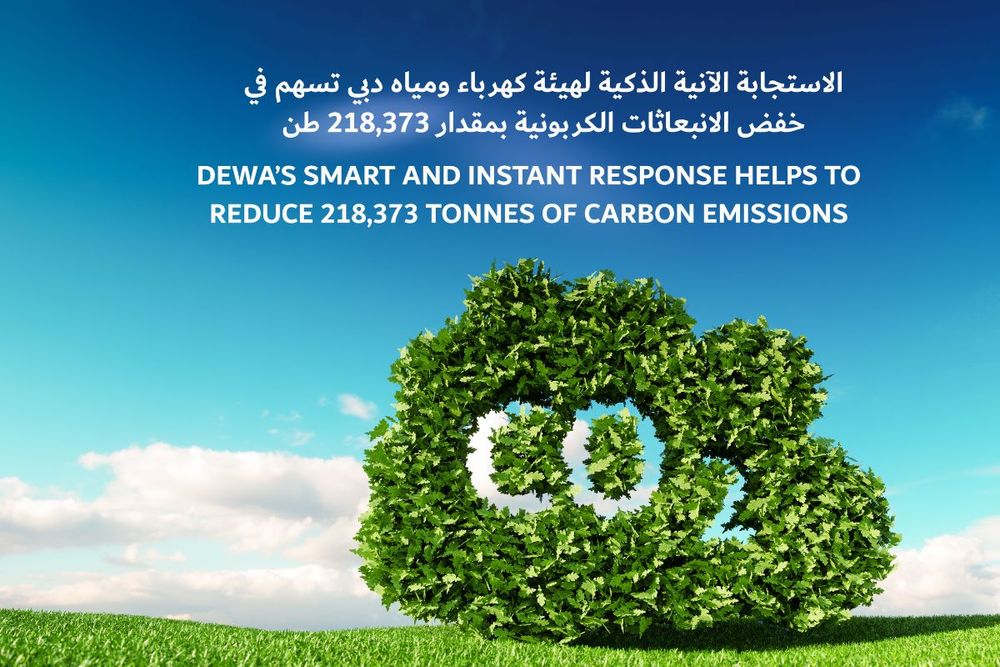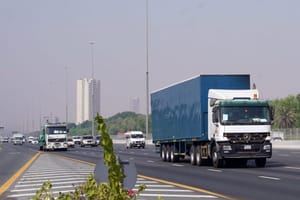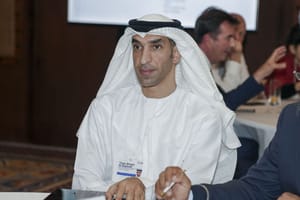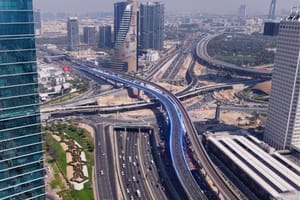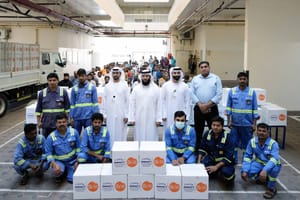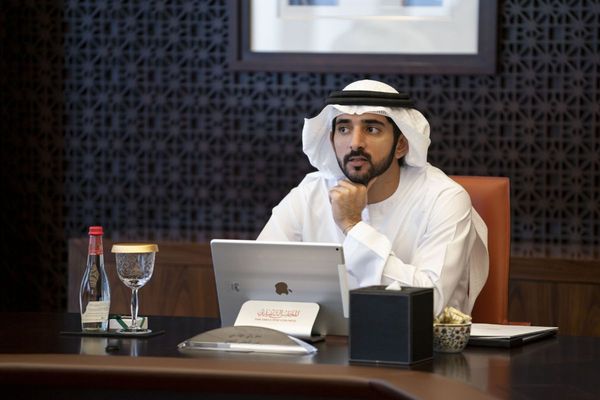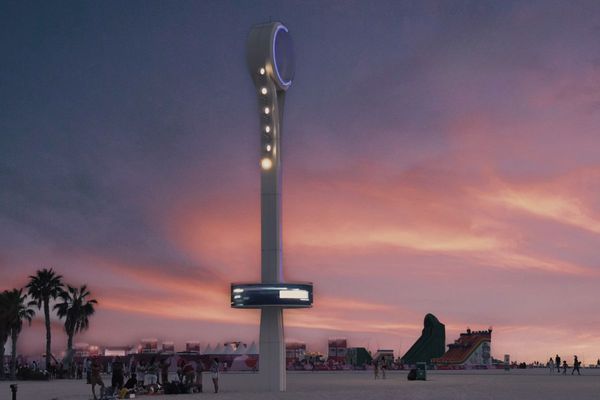Dubai Electricity and Water Authority (DEWA), through its “High-Water Usage Alert” service, has succeeded in reducing carbon dioxide emissions by 218,373 tonnes, since the launch of the service three years ago until 31 December 2022.
Through the service, DEWA detected 1,327,583 leakages in water connections after the meter, and 26,657 defects, and 13,172 cases of increased load. The service sends instant notifications to customers if the smart meter system detects any unusual increase in consumption, so that they can quickly repair the internal connections, or any leaks in the water connections with the help of a specialised technician, and perform the necessary maintenance work to reduce waste.
HE Saeed Mohammed Al Tayer, MD & CEO of DEWA, highlighted that DEWA encourages customers to enhance the efficiency of electricity and water through the smart grid and smart meters, which use the latest disruptive technologies. This helps customers to monitor, manage and control their consumption in a proactive and digital manner anytime and anywhere without contacting DEWA. These also enable them to make sustainable decisions that contribute to preserving the environment and natural resources. Dubai’s population benefit from 2.1 million smart electricity and water meters. This is part of DEWA’s efforts to develop smart and advanced infrastructure in accordance with the highest international standards. This supports the transformation of Dubai into the smartest and happiest city in the world. The number of smart meters has increased from 200,000 in the first phase which was completed in January 2016 to 2.1 million meters currently.
DEWA provides the High-Water Usage Alert as part of the Smart Response initiative. Customers can detect leakages through their bills or smart water meters. DEWA highlighted the efficiency of its systems in detecting any flaws in the external connections after the meter and noted that its responsibility is limited to connections and maintenance until the meter only, while the internal connections after the meters are the customer/owner’s responsibility. This applies to residential, commercial, and industrial sectors.
News Source: Dubai Media Office
